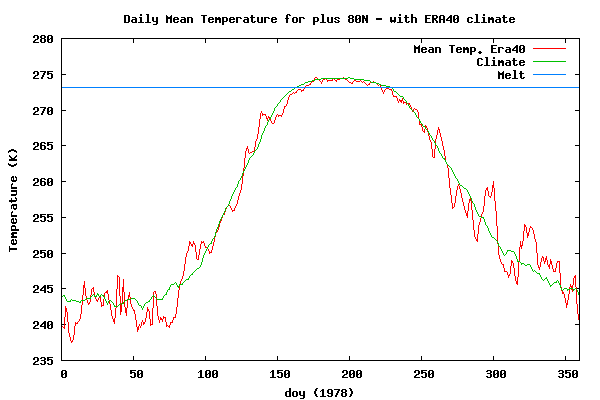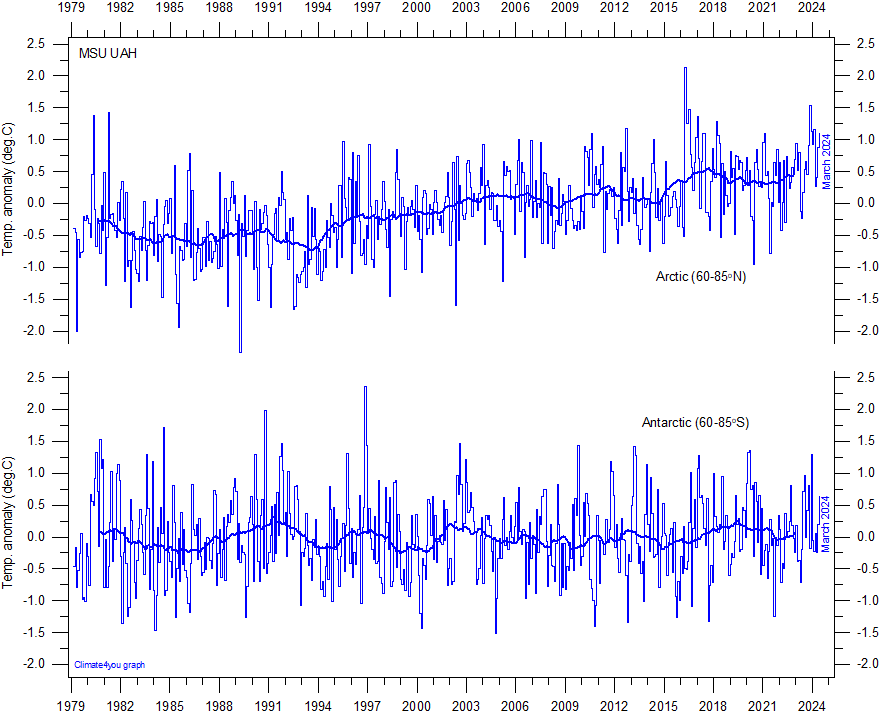For the astronomers out there:
According to the AAVSO, a nova has been discovered in the constellation Sagittarius at the following coordinates:
RA = 18h 07m 08s (2000.0)
Dec = -33d 46.6m (2000.0)
The Nova was discovered by Koichi Nishiyama, Kurume, Fukuoka-ken, Japan, and Fujio Kabashima, Miyaki-cho, Saga-ken, Japan, at unfiltered magnitude 7.7 on two 60-second frames taken Aug. 6.494 and 6.495 UT. They confirmed the discovery on five frames taken around Aug. 6.494.
A 3-degree FOV finder chart is shown below:
The following is from AAVSO Alert Notice 400:
Event:
Nova in Sagittarius
Discovered Independently By:
a. - Koichi Nishiyama, Kurume, Fukuoka-ken, Japan, and Fujio Kabashima, Miyaki-cho, Saga-ken, Japan
b. - Grzegorz Pojmanski, Dorota Szczygiel, and Bogumil Pilecki, Warsaw University Astronomical Observatory, observed by ASAS3
Discovery Date:
a. - Aug. 6.494 and 6.495 UT, confirmed on five frames taken around Aug. 6.494
b. - Aug. 6.182 UT
Discovery Magnitude:
a. - 7.7 (unfiltered CCD with 105-mm f/4 lens)
b. - 7.78 V (ASAS3, telephoto lens 200/2.8, diameter 70 mm + CCD + Johnson V filter, three 3-minute exposures, pixel size 14.8")
Position:
a. - RA = 18h 07m 07.67s, Dec = -33d 46m 33.9s (2000.0)
b. - RA = 18h 07m 08s, Dec = -33d 46.6m (2000.0)
Spectra:
The object was confirmed as a nova through spectra obtained by:
Mitsugu Fujii, Fujii Bisei Observatory, Okayama, Japan, on Aug. 7.60 UT, and by Akira Arai, Tomoyuki Komatsu, Msayuki Yamanaka, Mahito Sasada, and Ryosuke Itoh, on Aug. 7.63 UT.
Observations:
Via CBET 1900: H. Maehara, Kwasan Observatory, Kyoto University, and Y. Sakane and H. Yamaoka, Kyushu University, on Aug. 7.57 UT: 7.43V, B-V = +0.60, V-R_c = +0.48, V-I_c = +0.99. S. Kiyota, Ibaraki, Japan, using the 30-cm telescope of the GRAS (global-rent-a-scope) at New Mexico: Aug. 8.122 UT, I_c = 6.52; 8.130, 7.68V; 8.131, R_c = 7.41; 8.133, 8.07B.
Observations reported directly to the AAVSO: Aug. 07.6689, 7.292V +/-0.016, M. Nissinen, Varkaus, Finland (using GRAS telescope); 08.3667, 7.8, Y. Kok, Stanmore, NSW, Australia; 08.3882, 7.6, H. Maysuyama, Kanimbla, QLD, Australia; 08.4424, 7.8, Matsuyama; 08.4972, 7.9, Matsuyama; 08.5528,8.2, Kok.
Charts:
Finder charts for N Sgr 2009 No. 3 may be plotted by entering the coordinates above into VSP: http://www.aavso.org/observing/charts/vsp
Report Observations:
This object has been assigned the name VSX J180707.6-334633 with the AUID 000-BJP-536. Please report observations to the AAVSO International Database using the name N Sgr 2009 No. 3, N Sgr 2009#3, or VSX J180707.6-334633.
Notes:
a. Nishiyama and Kabashima report no motion was seen during 80 minutes and nothing was visible at this location down to 12.7 on survey frames taken July 22.531 and 29.584 UT. Nothing was seen on the DSS (POSS2/UKSTU red), or in ASAS, AAVSO VSX, SIMBAD, 2MASS and USNO-B1.0 catalogues, although the USNO-B1.0 shows a faint star (I = 12.45) nearby (at end figures 07.509s, 33.13").
b. Pojmanski, Szczygiel, and Pilecki report nothing was visible on Aug. 4.152 UT. The ASAS light curve and images can be found at: http://www.astrouw.edu.pl/cgi-asas/asas_disc/180708-3346.6,5040.
c. Leonid Elenin, Moscow, also confirmed the presence of the object using a remote astrograph (Takahashi Epsilon 180 telescope (+ ST2000C camera with a blue-sensitive chip) in Pingelly, Australia, providing position end figures 07.67s, 34.9s, +/-0.14".
d. The non-AAVSO information in this Alert Notice was announced in IAU CBET No. 1899 (Brian G. Marsden, Ed.) and CBET No. 1900 (Daniel W. E. Green, Ed.).
Congratulations to Koichi Nishiyama and Fujio Kabashima, and to Grzegorz Pojmanski, Dorota Szczygiel, and Bogumil Pilecki for their independent discoveries!
Good observing,
Elizabeth O. Waagen, AAVSO











No comments:
Post a Comment